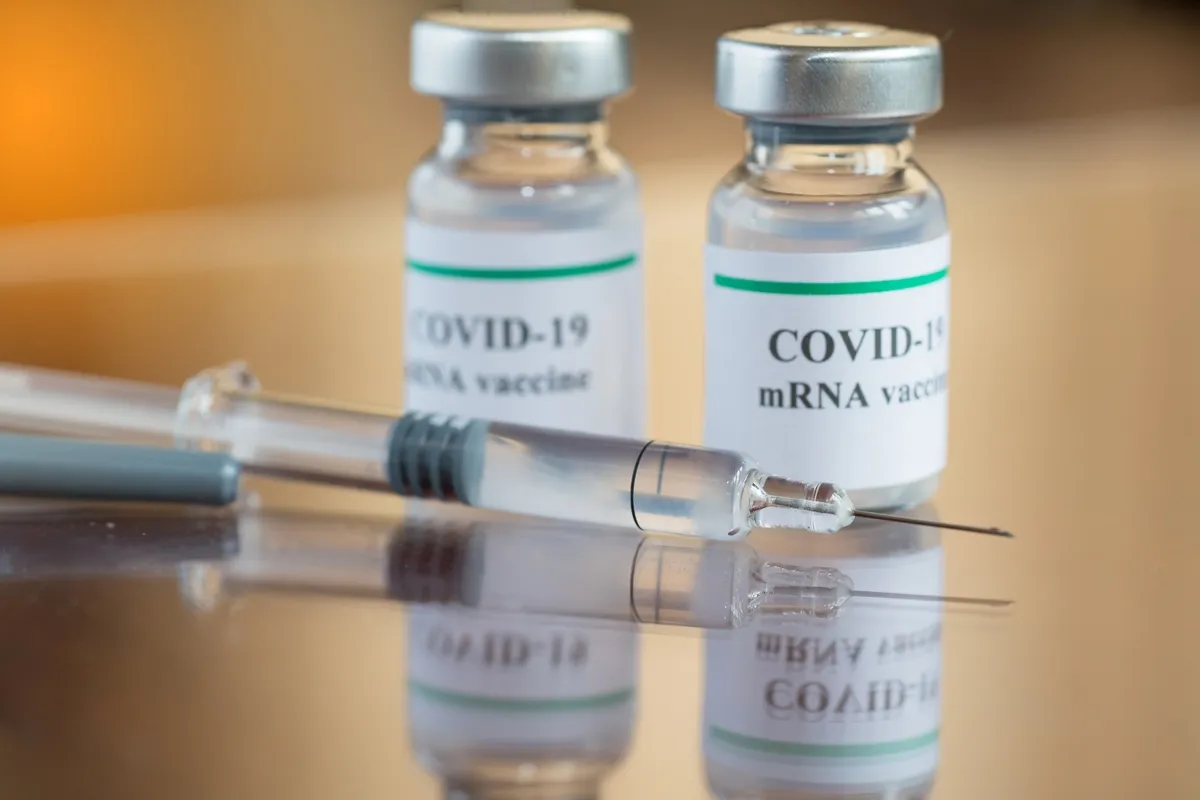Scientists Start Clinical Trial of Iran’s First mRNA-Based Covid-19 Vaccine

The most important advantage of the mRNA vaccines compared to other vaccines is their ability to simultaneously induce blood immune response and cellular immunity without the help of additional substances (adjuvant) in the vaccine formulation, the Iranian Vice-Presidency for Science, Technology and Knowledge-Based Economy reported.
Also, the speed and flexibility in the production of these types of vaccines makes it possible to quickly act for the development of new vaccines in epidemic conditions and prevent the spread of the virus and human casualties.
The completely Iran-made ‘ReNap’ vaccine is also based on the same technology and it has been produced with the support of the Iranian Vice-Presidency for Science, Technology and Knowledge-Based Economy after obtaining a license from the Food and Drug Administration of Iran and now it has reached the clinical trial phase and will soon be tested on the volunteers.
Messenger RNA is a type of RNA that is necessary for protein production. In cells, mRNA uses the information in genes to create a blueprint for making proteins. Once cells finish making a protein, they quickly break down the mRNA. mRNA from vaccines does not enter the nucleus and does not alter DNA.
Antibodies help protect the body against infection by recognizing individual viruses or other pathogens, attaching to them, and marking the pathogens for destruction.
Once produced, antibodies remain in the body, even after the body has rid itself of the pathogen, so that the immune system can quickly respond if exposed again.
If a person is exposed to a virus after receiving mRNA vaccination for it, antibodies can quickly recognize it, attach to it, and mark it for destruction before it can cause serious illness.
4155/v





















